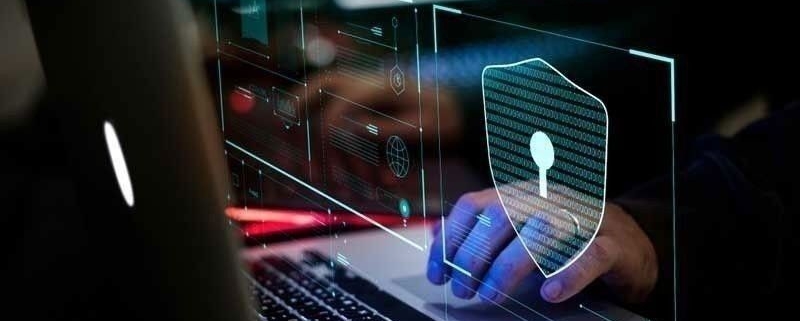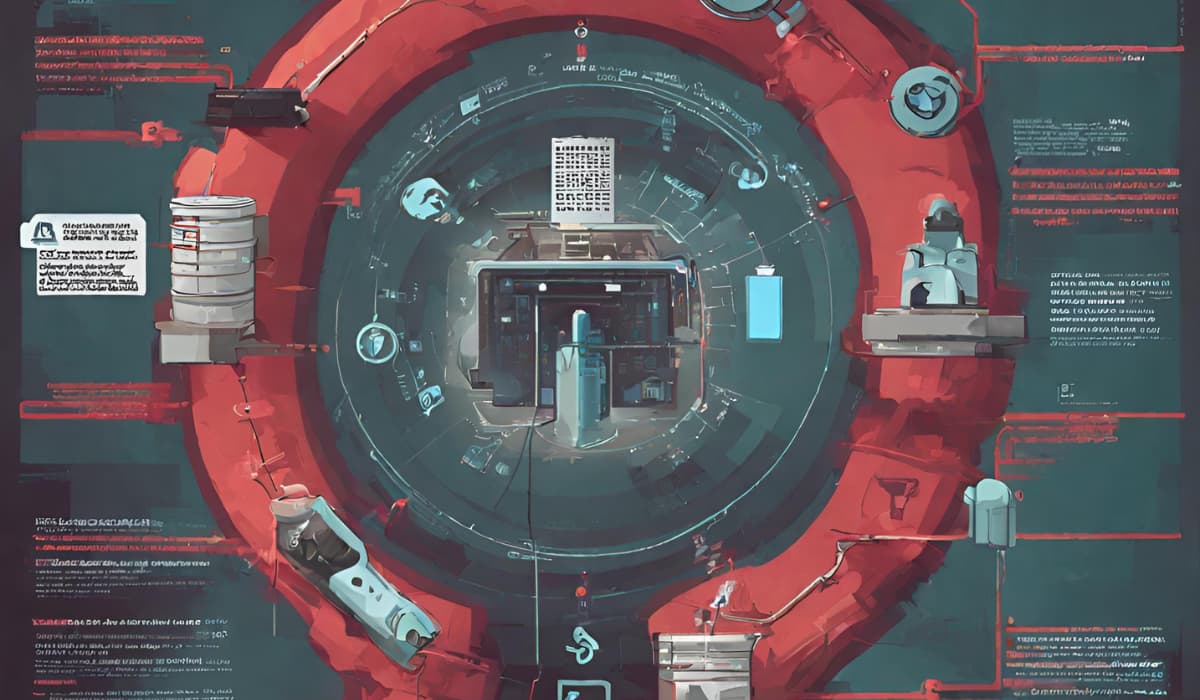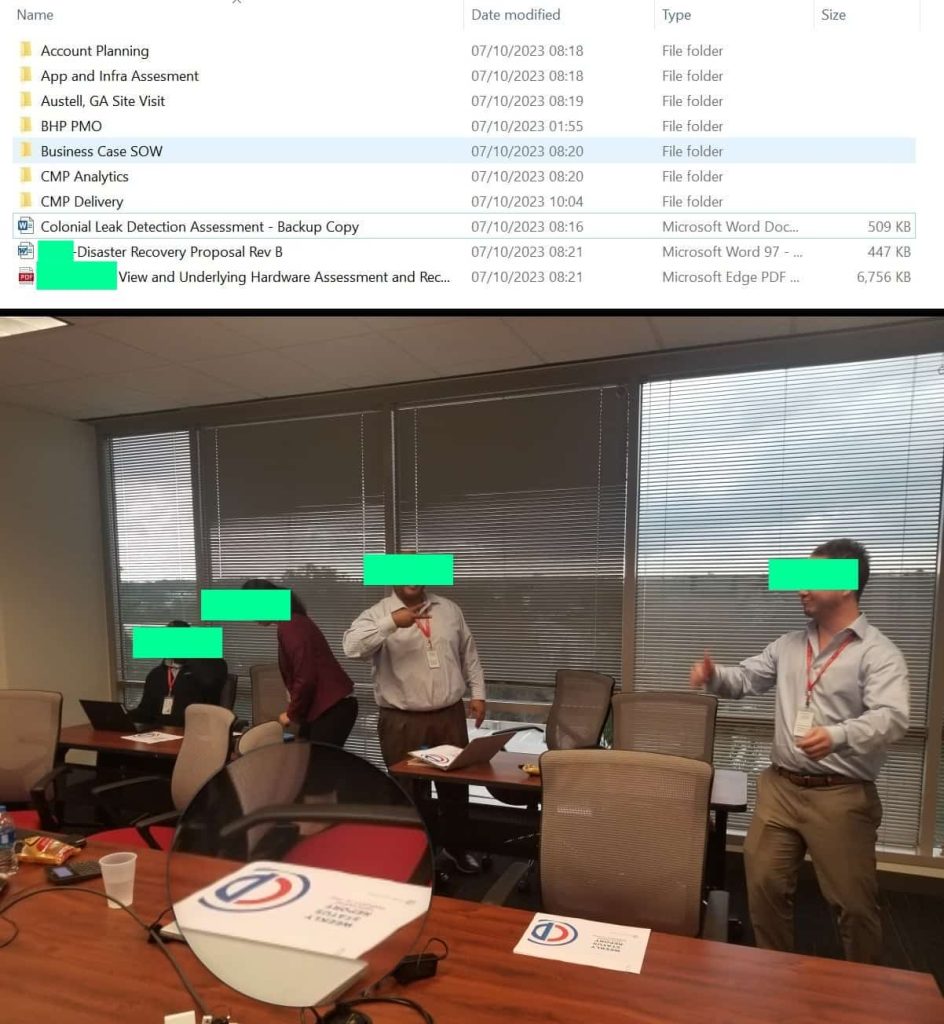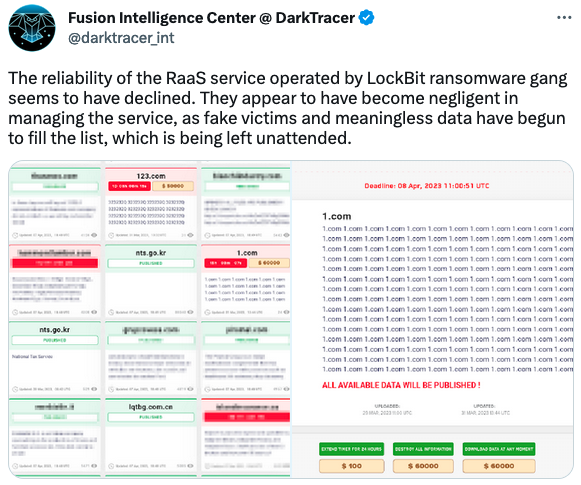China denies hacking Philippines websites
MANILA, Philippines — The Chinese embassy has denied Beijing’s involvement in hacking attempts on the websites of Philippine government agencies including the Philippine Coast Guard (PCG).
“Some Filipino officials and media maliciously speculated about and groundlessly accused China of engaging in cyberattacks against the Philippines, even went as far as connecting these cyberattacks with the South China Sea disputes. Such remarks are highly irresponsible,” the embassy said in a statement on Monday.
The Chinese government, it said, firmly opposes and cracks down on cyberattacks and does not allow illegal activities on Chinese soil or using Chinese infrastructure.
The statement was issued days after the Department of Information and Communications Technology (DICT) revealed that cybersecurity experts successfully blocked hacking attempts from China that targeted government websites and emails.
PCG spokesman Rear Admiral Armand Balilo said he is not discounting the possibility that the cyberattack attempt on its website could be connected to the ongoing conflict in the West Philippine Sea.
Based on the DICT investigation, the hackers were reportedly from China Unicom, a state-owned telecommunications firm.
Cybersecurity center
A cybersecurity center would prevent the occurrence of cybercrimes as the country’s cybercrime laws only focus on investigations, according to the Philippine National Police Anti-Cybercrime Group (PNP-ACG).
“It means it already happened and there is a probe to charge the persons responsible,” ACG director Maj. Gen. Sidney Hernia said at a news briefing.
Police officers in cybercrime investigations, he noted, need to improve their skills to remain at par with foreign counterparts.
Over the weekend, the DICT revealed that China-based hackers committed cyberattacks against government websites and emails.
Hernia said law enforcement agencies should beef up security to protect the country’s cyberspace.
The ACG is collaborating with financial institutions and e-wallet services to strengthen their security against online scams.
Online abuse of children
Stronger community-based measures for digital protection and internet safety are being pushed as…






